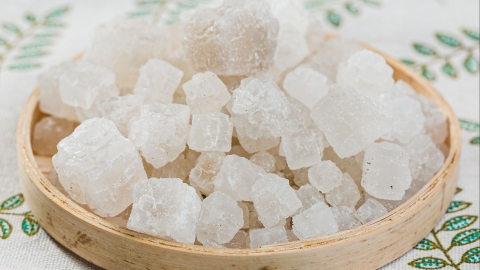What kind of salt is better to consume on a daily basis?
Under normal circumstances, daily salt consumption can include low-sodium salt, sea salt, lake salt, well salt, iodized salt, etc., which can meet the needs of different populations. Detailed explanations are as follows:

1. Low-Sodium Salt: Low-sodium salt reduces the content of sodium chloride and increases potassium chloride or other components. High sodium intake can easily cause hypertension and cardiovascular diseases; low-sodium salt can reduce sodium intake and is suitable for people needing to control blood pressure.
2. Sea Salt: Sea salt is made by evaporating seawater and retains various minerals and trace elements such as magnesium, calcium, and potassium, which are beneficial for maintaining nerve function, muscle contraction, and fluid balance. Choosing unrefined sea salt can reduce the intake of chemical substances like anti-caking agents and better preserve its nutritional value.
3. Lake Salt: Lake salt is extracted from inland salt lakes and is known for its high purity and mild taste. It forms in a relatively enclosed environment with less pollution and is rich in trace elements such as potassium, magnesium, and calcium, offering certain health benefits to the human body.
4. Well (Mine) Salt: Well salt is extracted from underground salt mines, produced in a relatively independent process, has a pure taste, contains various natural mineral elements, and has fewer impurities. It is ideal for cooking methods such as stewing or braising, which better highlight the original flavor of ingredients.
5. Iodized Salt: Iodized salt contains added potassium iodide or potassium iodate, which helps prevent iodine deficiency-related thyroid diseases. For people living in iodine-deficient areas, consuming iodized salt is necessary. However, excessive iodine intake may affect thyroid function; for example, patients with hyperthyroidism should follow medical advice to control iodine intake.
In daily diets, besides choosing appropriate salt, it is also important to reduce the consumption of processed foods, as they often contain significant amounts of hidden salt. During cooking, one can try using natural seasonings like lemon juice or herbs to replace part of the salt, which not only enhances flavor but also helps control sodium intake, contributing to maintaining good health.




